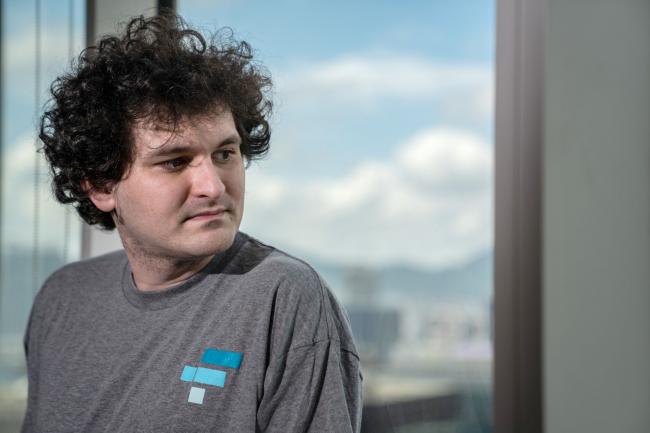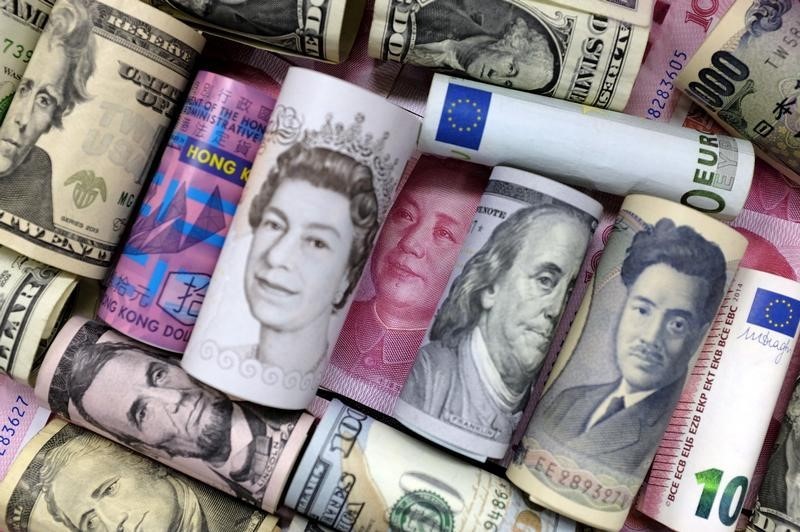(Bloomberg) -- Criminal charges against FTX founder Sam Bankman-Fried swiftly followed the cryptocurrency exchange’s collapse, but getting him to the US to face those charges could be another story.
Bankman-Fried, who ran FTX from the Bahamas, was arrested there Monday night at the request of US authorities. His arrest marks a major development in the FTX saga, but the fact that it was on foreign soil adds an extra complication. Federal prosecutors have said they will seek his extradition, and Bankman-Fried will soon have to decide whether he returns to the US willingly or fights to stay in the Bahamas.
In his first appearance since his arrest, Bankman-Fried, 30, told a Bahamian judge at an arraignment Tuesday that he wouldn’t waive his right to an extradition hearing. That leaves the door open for him to contest being sent to the US to face the charges unsealed earlier in the day by federal prosecutors in New York.
Bankman-Fried was charged with wire fraud, conspiracy to commit securities fraud and several other counts for allegedly misappropriating billions of dollars in FTX customers funds for personal use and risky bets by sister trading house Alameda Research. He has denied knowingly committing fraud in numerous media interviews.
“Mr. Bankman-Fried is reviewing the charges with his legal team and considering all of his legal options,” Mark Cohen, a lawyer for the FTX founder, said in a statement on Tuesday.
If he does fight, there may be potential for him to drag things out. Many high-profile extradition battles have gone on for years. WikiLeaks founder Julian Assange was charged by US authorities in 2019 for publishing leaked government secrets but is still fighting extradition from the UK, largely on mental-health grounds.
Huawei Technologies Co. Ltd. Chief Financial Officer Meng Wanzhou was arrested in Canada in 2018 at the request of the US government which accused her of conspiring to avoid US sanctions on Iran. She fought extradition to the US until September 2021, when she was released under a non-prosecution deal with the Justice Department.
Meng’s case had political and diplomatic dimensions Bankman-Fried’s lacks. The Chinese government vociferously objected to her arrest and took two Canadians living in China into custody in response — they were released shortly after she was. But her legal arguments also prolonged the case. She focused on the US-Canada extradition treaty’s requirement that the charged offense be a crime in both jurisdictions, arguing that violating US sanctions wasn’t illegal in Canada.
The US-Bahamas extradition treaty has a similar “double criminality” requirement, and lawyers can parse statutes extremely closely to distinguish between two nations’ definitions of a crime.
Czech-born businessman Viktor Kozeny successfully fought extradition from the Bahamas on US charges that he orchestrated a scheme to bribe Azerbaijani officials in return for rights to buy the country’s state oil company. A local court found that Kozeny’s alleged bribes occurred before the Bahamas joined the Inter American Convention Against Corruption and therefore weren’t crimes in the country at the time.
“Extradition law can be rather arcane,” said Douglas McNabb, a Houston lawyer who specializes in extradition cases. He said there were a number of experts in the area in Bahamas, though their experience is mainly in drug-trafficking cases.
Eight men facing US drug charges managed to put off extradition from the Bahamas for 11 years before they were finally sent to Florida in 2015. Among the arguments they employed against extradition was that one of the judge who heard the case had been subject to a mandatory retirement page.
Bruce Zagaris, a Washington lawyer, said one reason extraditions from the Bahamas can drag on is that the British Commonwealth country sends final appeals to the Privy Council in London. Defendants with money don’t hesitate to take the case all the way.
“That could take five, six, seven years between all the levels,” Zagaris said.
On the other hand, Bankman-Fried could ultimate decide to return to the US, said Michael Zweiback, a Los Angeles-based criminal defense lawyer with extradition experience. He said many Americans choose to return rather than sit in a foreign jail. Though Bankman-Fried was living in a luxury penthouse in the Bahamas, there’s no guarantee he would be released on bail during the extradition process, Zweiback said.
“He can waive extradition and of course he will be placed in handcuffs and put on board a plane with an escort from the US Marshals Service and brought to La Guardia or JFK Airport and brought straight to the SDNY courthouse.” Zweiback said, referring to the Manhattan federal court.
“He can sign extradition paperwork tomorrow and be there within a week.”

